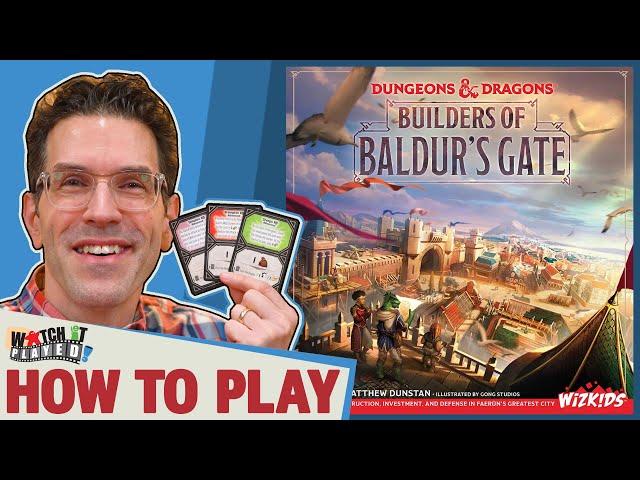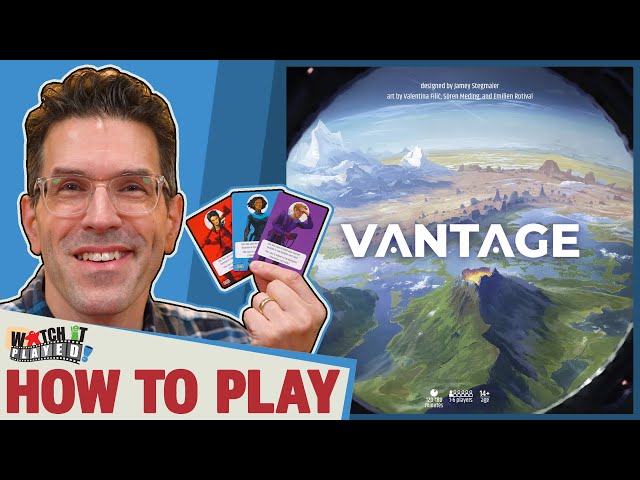Risk has long been a staple of the board game world, drawing in players with its exciting blend of strategy, politics, and conquest. Invented in 1957 by French filmmaker Albert Lamorisse, Risk has become one of the most enduring and influential games of strategy—endearing itself to millions across the globe. But what is it about Risk that continues to captivate players decades after its creation?
A Game of Strategy and Diplomacy
At its core, Risk is a game that challenges players to think strategically and plan ahead. Unlike many other board games, where luck plays a significant role, Risk rewards careful planning and tactical prowess. Players must manage their armies, forge temporary alliances, and decide when to expand or defend their territories. The game’s depth provides a unique appeal to those who enjoy outmaneuvering opponents not just through brute force, but through clever negotiations and strategic foresight.
Endless Replayability
Another reason Risk could be considered one of the greatest board games is its high replayability factor. Each game of Risk can unfold in countless ways, with different strategies leading to unpredictable outcomes. The variability comes from the randomization of initial troop placements and the decisions players make during the game. No two games are ever quite alike, and this ensures that players return time and again to experience new challenges and opportunities.
The Emotional Rollercoaster
Playing Risk is often an emotional journey. The stakes feel extraordinarily high, as the momentum can shift dramatically with the roll of the dice. The game’s tension is palpable as alliances form and betrayals are executed. A single misstep can change the course of the entire game, leading to moments of triumph or devastating loss. This emotional investment enhances both the joy of victory and the lessons learned in defeat.
A Global Phenomenon
Risk’s influence extends far beyond its physical board. It has inspired numerous digital adaptations, from computer and smartphone versions to live-streamed games played by internet celebrities. Its global reach has made it a favorite across cultures, with many variations and themed editions that appeal to diverse audiences. This broad appeal highlights Risk’s universal themes of strategy and conquest, making it relatable to players worldwide.
Comparisons to Other Games
When considering Risk’s status as possibly the greatest board game ever, it is important to place it alongside other iconic games. Chess, for example, offers deep strategic gameplay with no luck involved, while Monopoly emphasizes economic management with a heavy dose of chance. What sets Risk apart is its unique combination of strategy, luck, and diplomacy. While games like Settlers of Catan also incorporate these elements, Risk’s focus on global domination adds an epic scale that few games can match.
The Challenges of Marathon Sessions
It’s worth acknowledging that some players might see Risk’s lengthy game sessions as a downside. A full game can take several hours to complete, which may not suit everyone’s schedule. However, for many enthusiasts, this aspect is part of the fun—turning a game session into an all-day event filled with strategic planning and camaraderie.
In conclusion, Risk’s longevity and widespread popularity make it a strong contender for the title of the greatest board game ever created. Its blend of strategy, diplomacy, and unpredictability offers players an experience that is both challenging and rewarding. Whether or not it is indeed the greatest board game ever is subjective, but Risk certainly deserves recognition as a masterpiece of strategic gaming.






